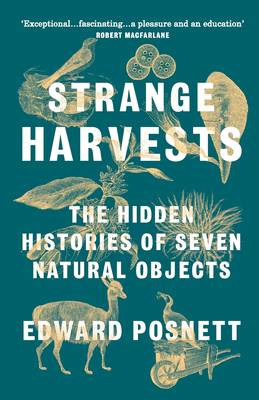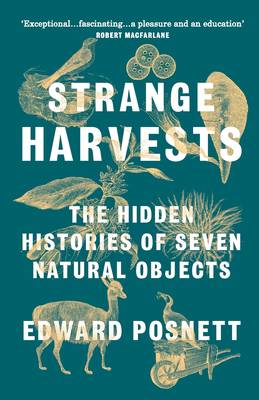
- Afhalen na 1 uur in een winkel met voorraad
- Gratis thuislevering in België vanaf € 30
- Ruim aanbod met 7 miljoen producten
- Afhalen na 1 uur in een winkel met voorraad
- Gratis thuislevering in België vanaf € 30
- Ruim aanbod met 7 miljoen producten
Zoeken
€ 22,45
+ 44 punten
Uitvoering
Omschrijving
In a centuries-old tradition, farmers in northwestern Iceland scour remote coastal plains for the down of nesting eider ducks. High inside a vast cave in Borneo, men perched atop rickety ladders collect swiftlets' nests, a delicacy believed to be a cure for almost anything. Eiderdown and edible birds' nests: both are luxury products, ultimately destined for the super-rich. To the rest of the world these materials are mere commodities but to the harvesters they are all imbued with myth, tradition, folklore
Specificaties
Betrokkenen
- Auteur(s):
- Uitgeverij:
Inhoud
- Aantal bladzijden:
- 336
- Taal:
- Engels
Eigenschappen
- Productcode (EAN):
- 9781784703028
- Verschijningsdatum:
- 30/08/2020
- Uitvoering:
- Paperback
- Afmetingen:
- 129 mm x 198 mm
- Gewicht:
- 268 g

Alleen bij Standaard Boekhandel
+ 44 punten op je klantenkaart van Standaard Boekhandel
Beoordelingen
We publiceren alleen reviews die voldoen aan de voorwaarden voor reviews. Bekijk onze voorwaarden voor reviews.








